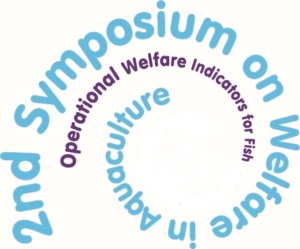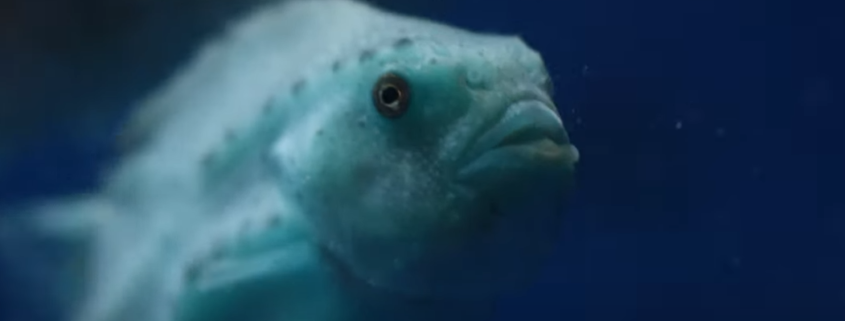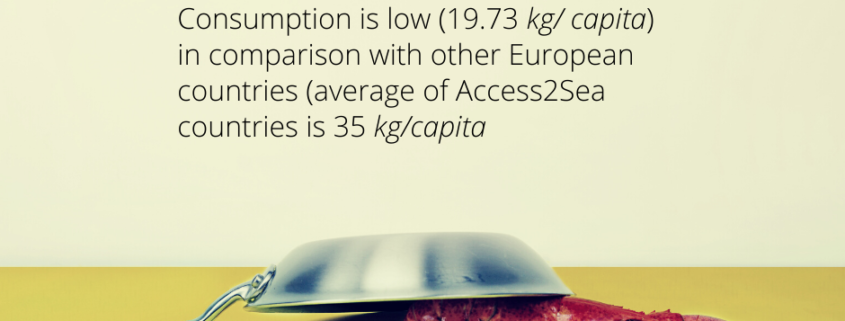Speakers announced for the 2nd symposium on welfare in aquaculture
The Centre for Sustainable Aquaculture Research is delighted to announce the line-up of speakers for the Second Symposium on Welfare in Aquaculture (SWELA 2020). This year the symposium is going to be a webinar on the 26th of November with free registration.
is delighted to announce the line-up of speakers for the Second Symposium on Welfare in Aquaculture (SWELA 2020). This year the symposium is going to be a webinar on the 26th of November with free registration.
The theme for SWELA 2020 is “Operational Welfare Indicators (OWI) for farmed fish”. Six speakers will be discussing OWI for 5 key aquaculture fish species farmed in Europe: salmon, lumpfish, sea bream, sea bass, and tilapia.
The symposium is a follow up from the very successful SWELA 2019, focusing on Welfare Indicators for Novel species. The number of farmed fish outnumbers by far any other sentient animals farmed for food.
A recent report by the Access2Sea project highlighted that consumers are starting to realize how their food is produced; they are becoming more sensitive to the welfare of animals and the wellbeing of workers – fish welfare in aquaculture is extremely important.
This symposium promises to be an unmissable opportunity for professionals working in fish farming across the sector. We encourage everyone interested in fish welfare – farmers, researchers, and aquaculture suppliers – to register for free here.
Text and images by Dr Sara Barrento
Centre for Sustainable Aquatic Research, Swansea University





